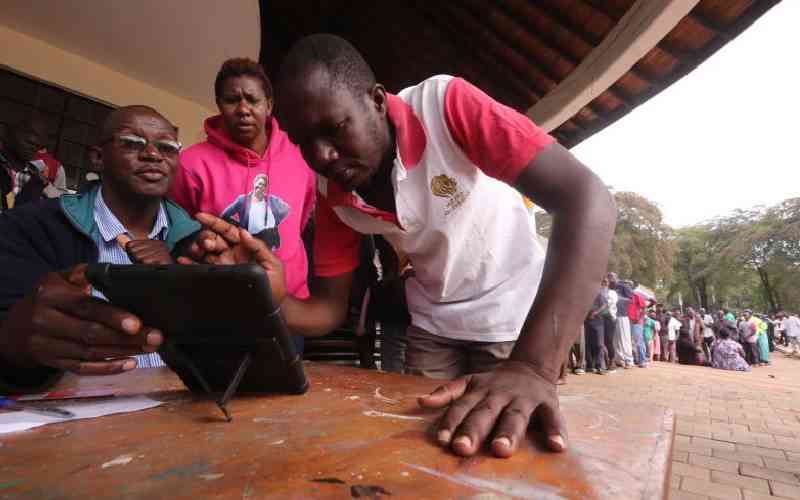
The motorcycle industry in Kenya is in trouble. Here is why. In the last several months, motorcycle sales have plunged by a staggering 75 per cent. Without doubt, the lingering effects of the Corona pandemic are still depressing the economy and affecting business.
Additionally, one of the major reasons has been the inefficient National Transport and Safety Authority (NTSA) electronic service portal. Subsequently, assemblers are experiencing a myriad motorcycle registration challenges. This has resulted to cashflow challenges, unforeseen lawsuits due to delayed transfer of asset ownership and in reality loss of livelihoods to thousands of Kenyans because every delayed bike sale is a potential boda boda job opportunity.